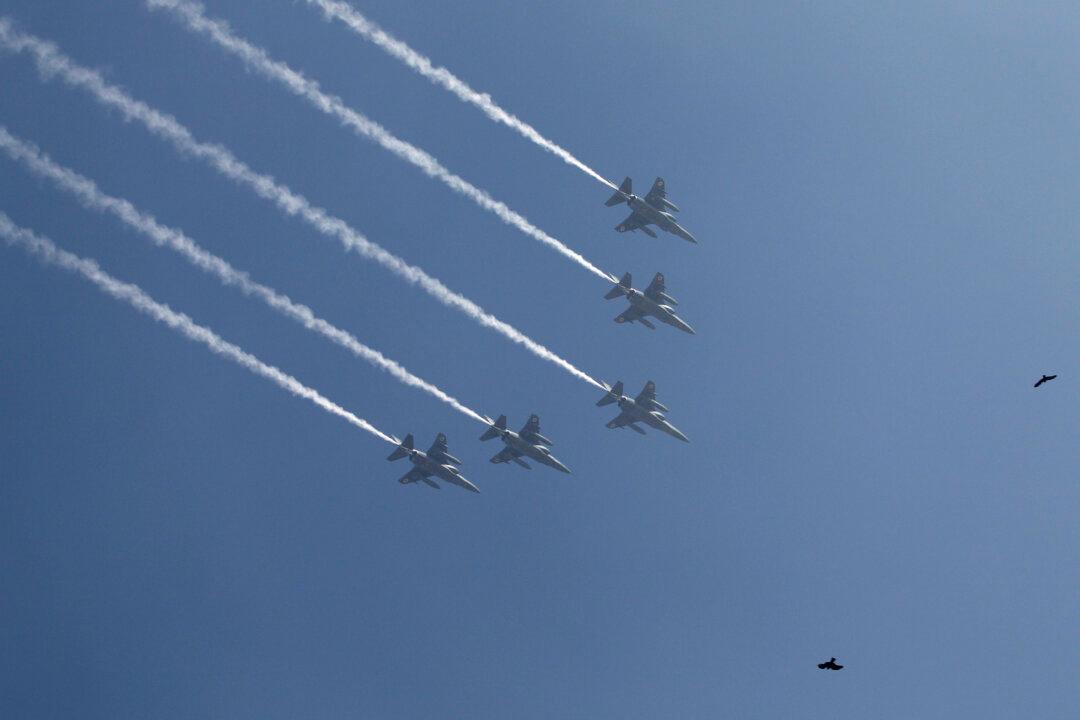ISLAMABAD/NEW DELHI—Indian jets conducted air strikes against a terrorist camp in Pakistani territory on Tuesday, India’s foreign secretary said, and a Indian government source said 300 terrorists had been killed, but Pakistan denied there had been any casualties.
The air strikes hit a training camp of Jaish-e-Mohammed (JeM), the group that claimed credit for a suicide car bomb attack killed at least 40 Indian paramilitary police in Kashmir on Feb. 14, ratcheting up tensions between the two nuclear armed neighbors.





